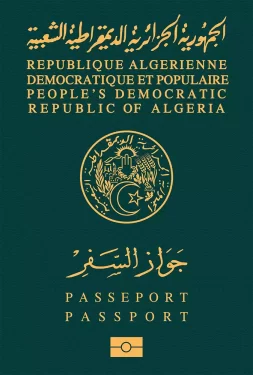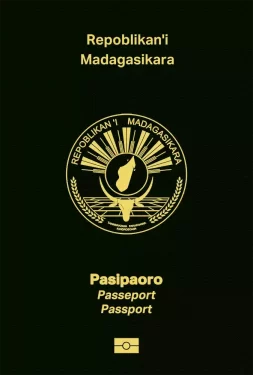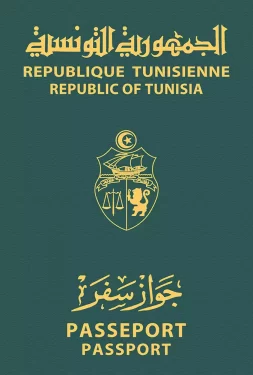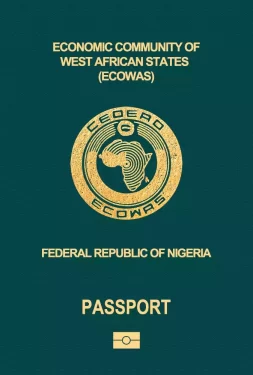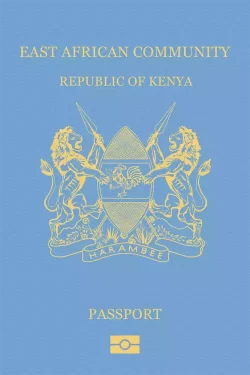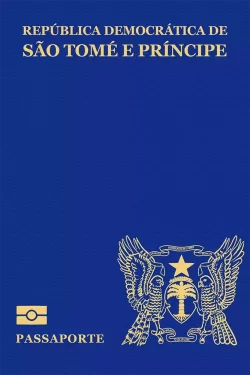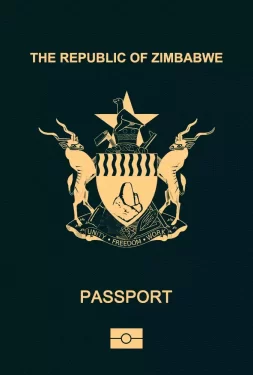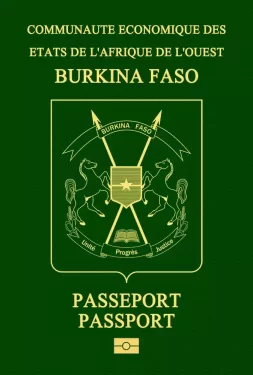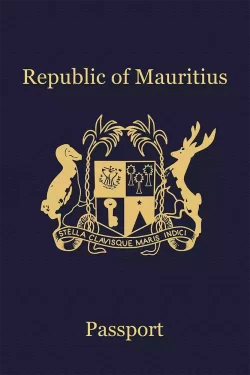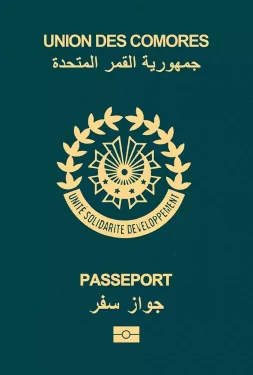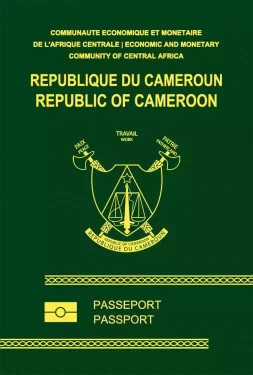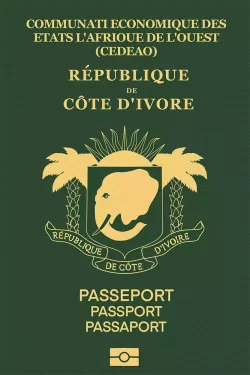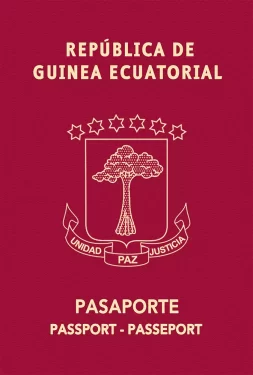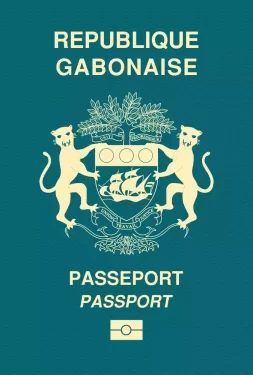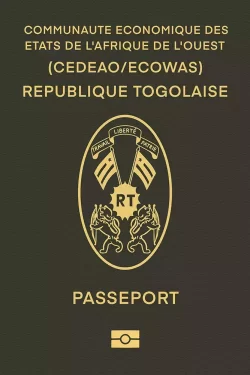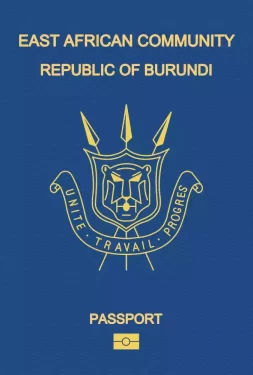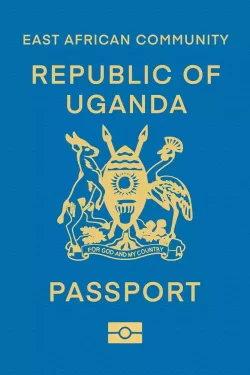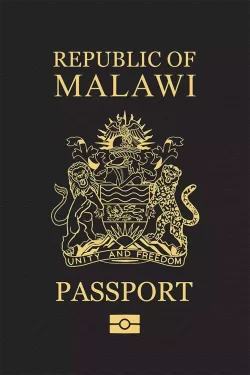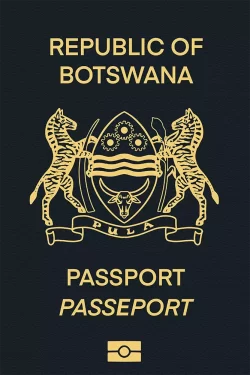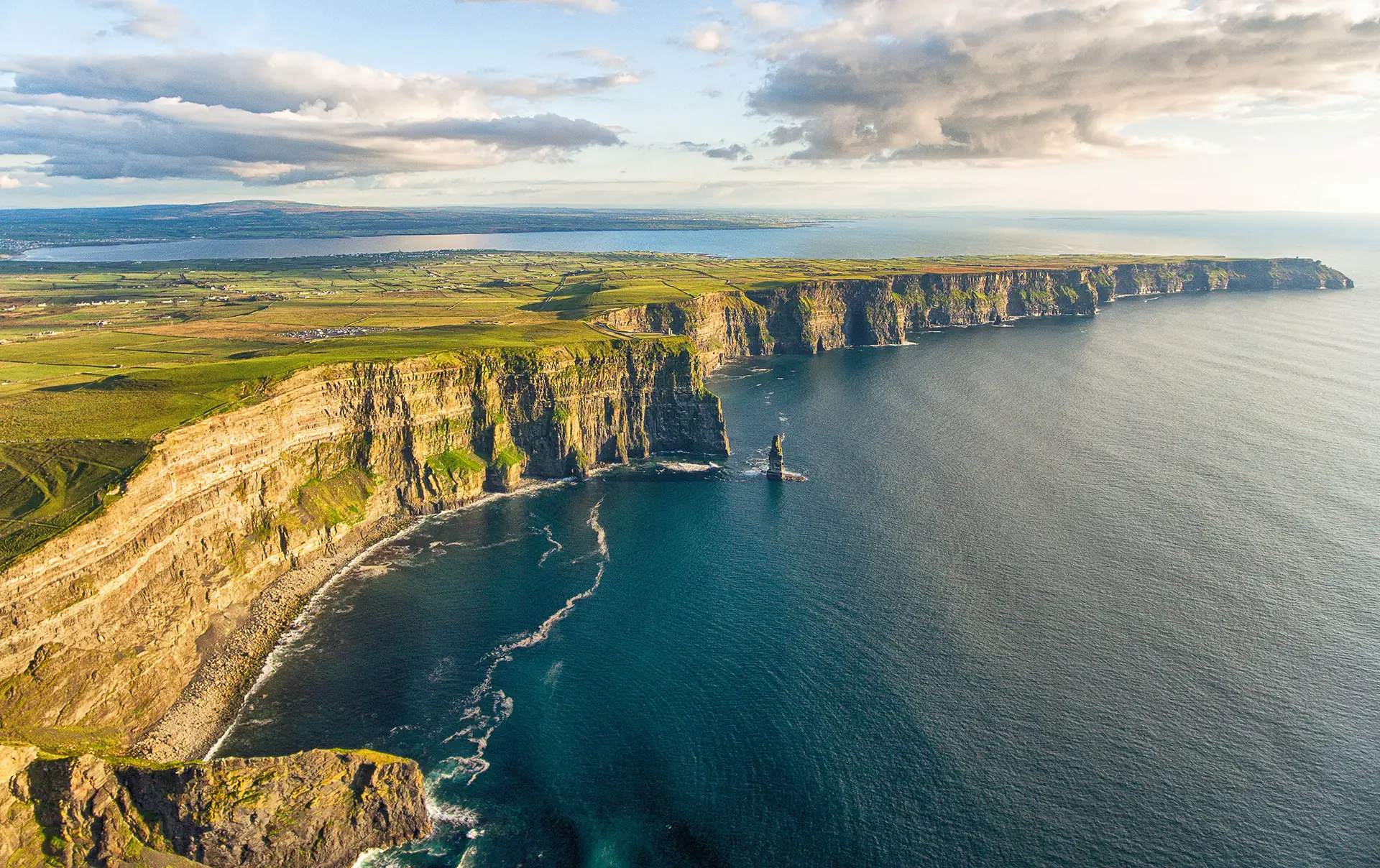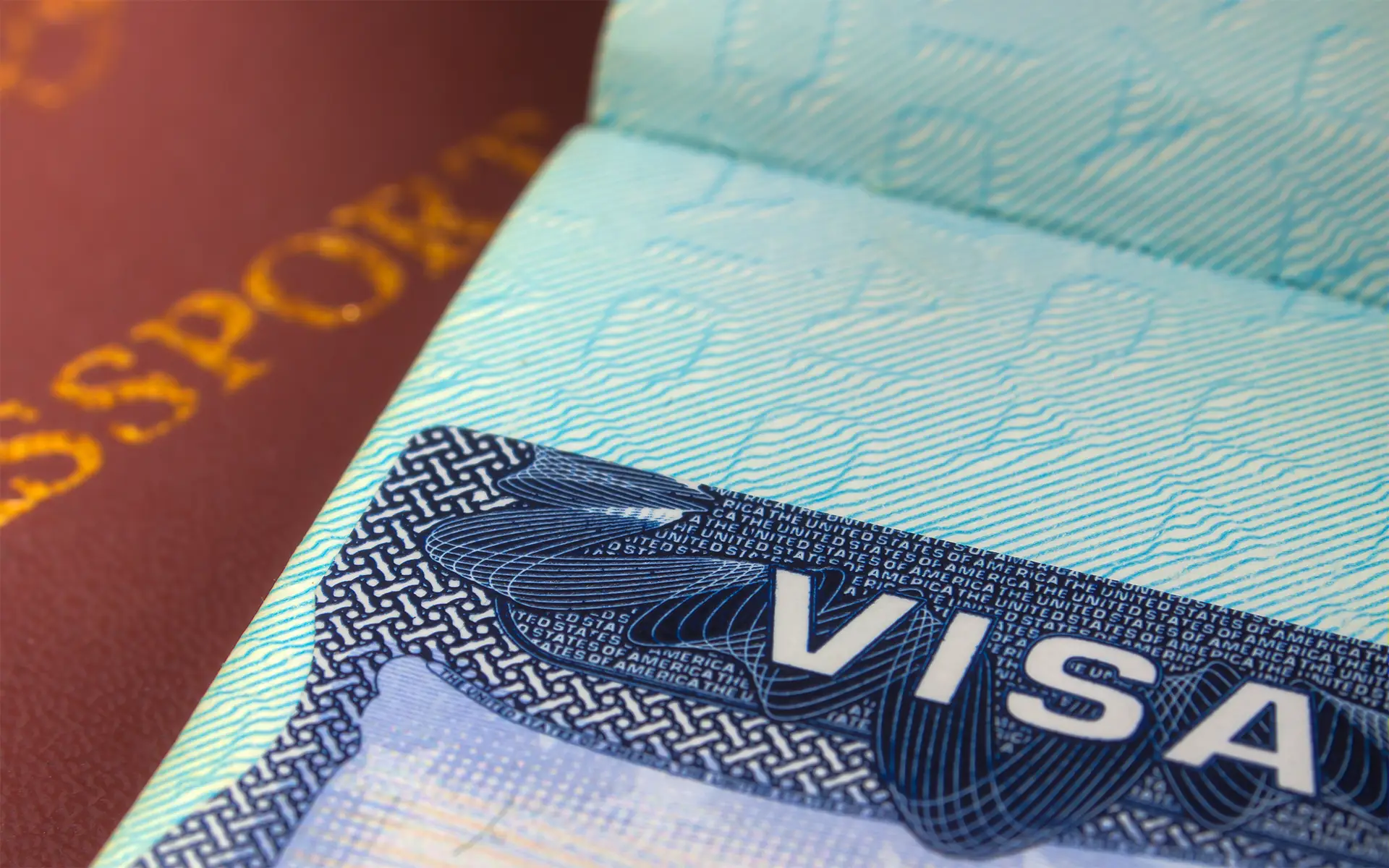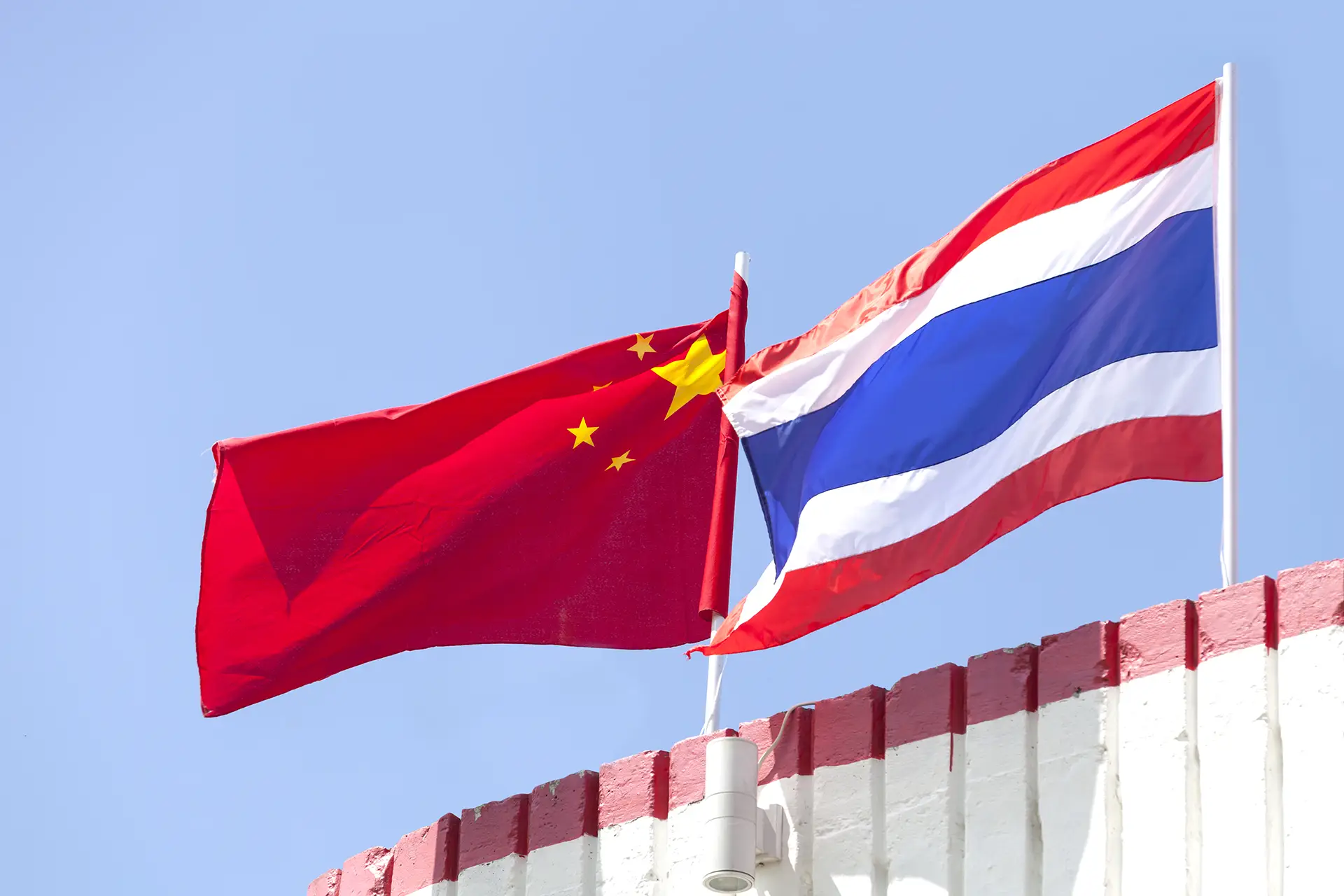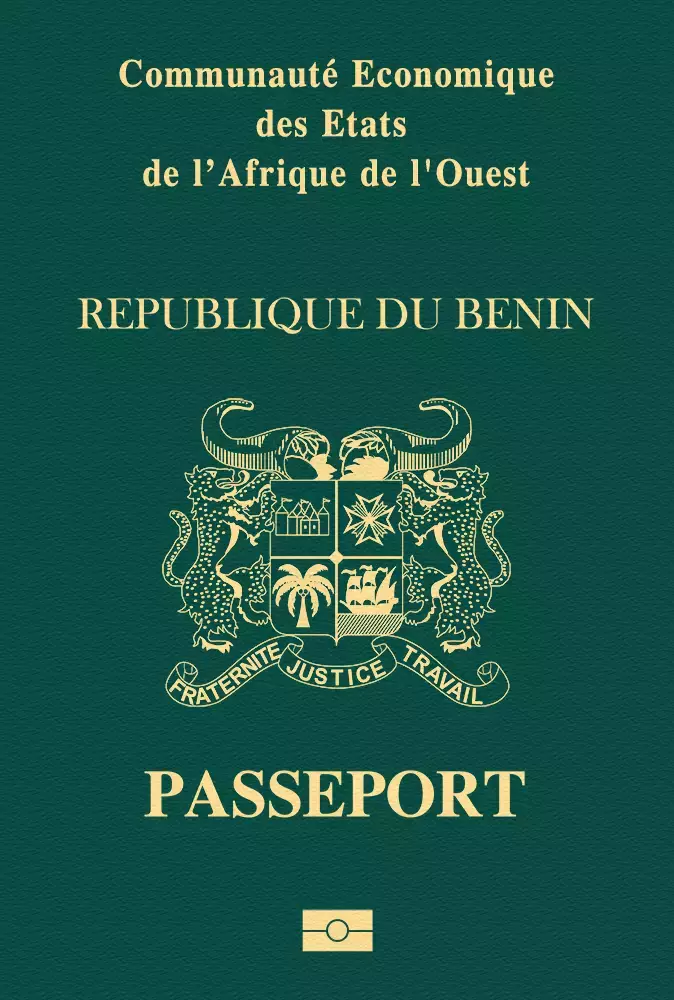
Benin
Benin passport ranking
The Beninese passport is currently ranked 79th place on the Guide Passport Index. It provides visa-free access to 61 destinations. Beninese passport holders have visa-free access and visas on arrival to countries such as Philippines, Singapore, and Sri Lanka. Beninese passport holders do however require a visa to enter 168 destinations in the world such as Thailand, Turkey, Russia, the United States and the entire European Union. This high visa requirement results in a low mobility score.
Benin Passport Ranking
The Benin passport ranking relative to other global passports is calculated by adding up the number of countries that allow Benin passport holders to enter without a visa (i.e. visa-free countries) and those that allow Benin passport holders to enter by obtaining a visa on arrival (i.e. visa-on-arrival countries) or electronic travel authorization (eTA). There are currently a total of 33 Benin passport visa-free countries, 26 Benin visa-on-arrival countries, and 2 eTA destinations.
Altogether, Benin passport holders can enter a total of 61 destinations—either without a visa, through a visa on arrival, or via an eTA. As a result, the Benin passport ranks 79 in the world.
Separate from these Benin visa-free countries and visa-on-arrival countries, there are 168 additional destinations in which Benin passport holders either need a physical visa to enter or an eVisa (i.e. visa required countries).
About Benin
The Republic of Benin is a former French colony. Located in Western Africa it consists of 12 departments. It borders Togo, Burkina Faso, Niger and Nigeria. The most important provinces are Atlantique, Borgou, and Ouémé. Benin is the 38th largest country in Africa with a surface area of 114,763 square kilometers, making it one of the smallest countries in Africa. Its climate is mostly tropical with a mainly flat terrain.
The overall population is 11.7 million people. The capital of the country is Porto Novo. Its most populous city however is Cotonou with 2.4 million living there. Other important cities of the country are Parakou, Djougou, and Bohicon. The largest airport is Cotonou Cadjehoun Airport International Airport (COO). It has an approximate yearly passenger traffic of 700,000 people. It connects the country to destinations across Africa and Europe. It is named after Cardinal Bernardin Gantin.
Benin gained independence from France in 1960. Its culture is dominated by a mix of traditions and Portuguese and French heritage. There is a religious mix in the country, 53% of the population is Christian and 23,8% is Islamic. The official language of the nation is French. Tribal dialects and languages are still widespread. The legal system is based on the French civil law. The government form is a presidential republic with President Patrice Talon as elected chief of state and head of government. Elections take place every 4 years.
The official currency of the country is the West African CFA franc (XOF) with the current exchange rate being XOF 600 to the USD. Benin has an open economy, generating a GDP of approximately $11.38 billion. This makes it the 3rd largest economy in Sub-Saharan Africa. It has a per capita income of $971. The main GDP-contributing sectors are services and agriculture. Cotton alone contributes 40% to the country’s overall GDP. Other important export goods are corn, textiles, and construction materials.
The Republic of Benin is a developing tourism destination offering several attractions. It is known for its vast wildlife and safari tours in various national parks. Some of the major destinations are the capital Cotonou, Abomey, Lake Nokoue, the Honmè Museum, and Pythons Temple. The majority of the 295,000 yearly tourism visitors originate from the neighboring African countries and Europe. The government has put financing in place to further develop the tourism sector and to diversify the GDP.
